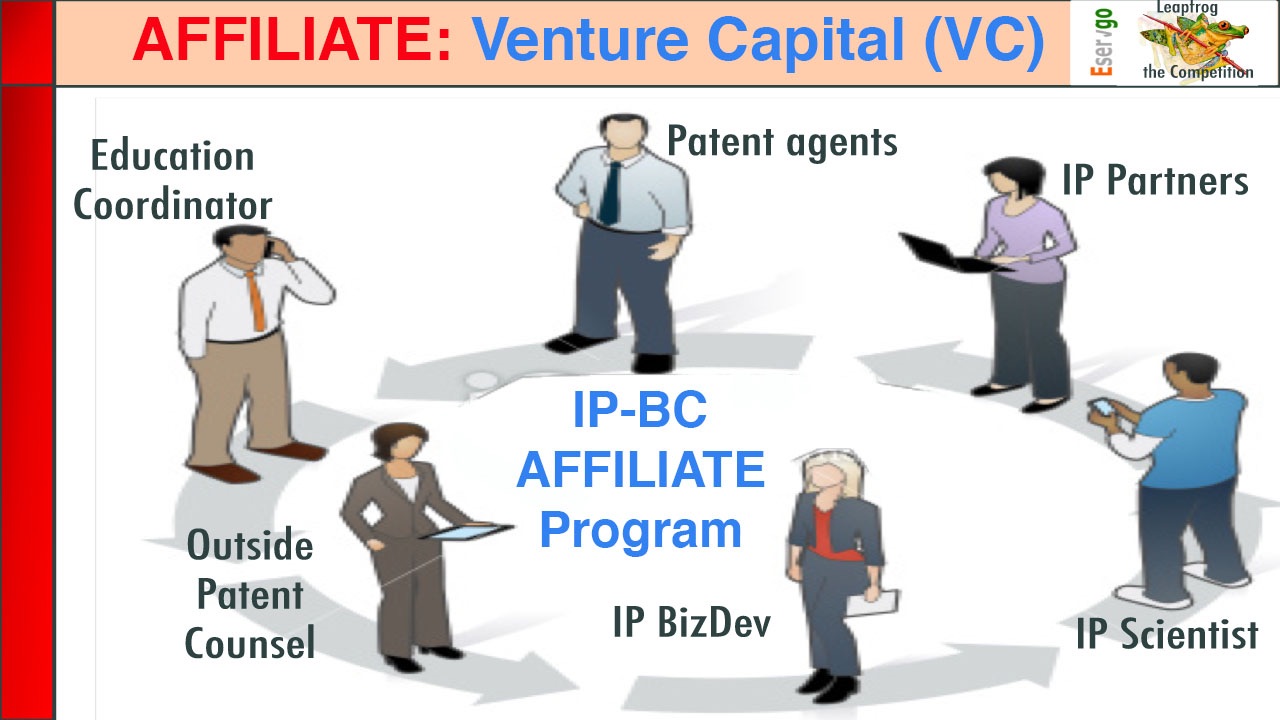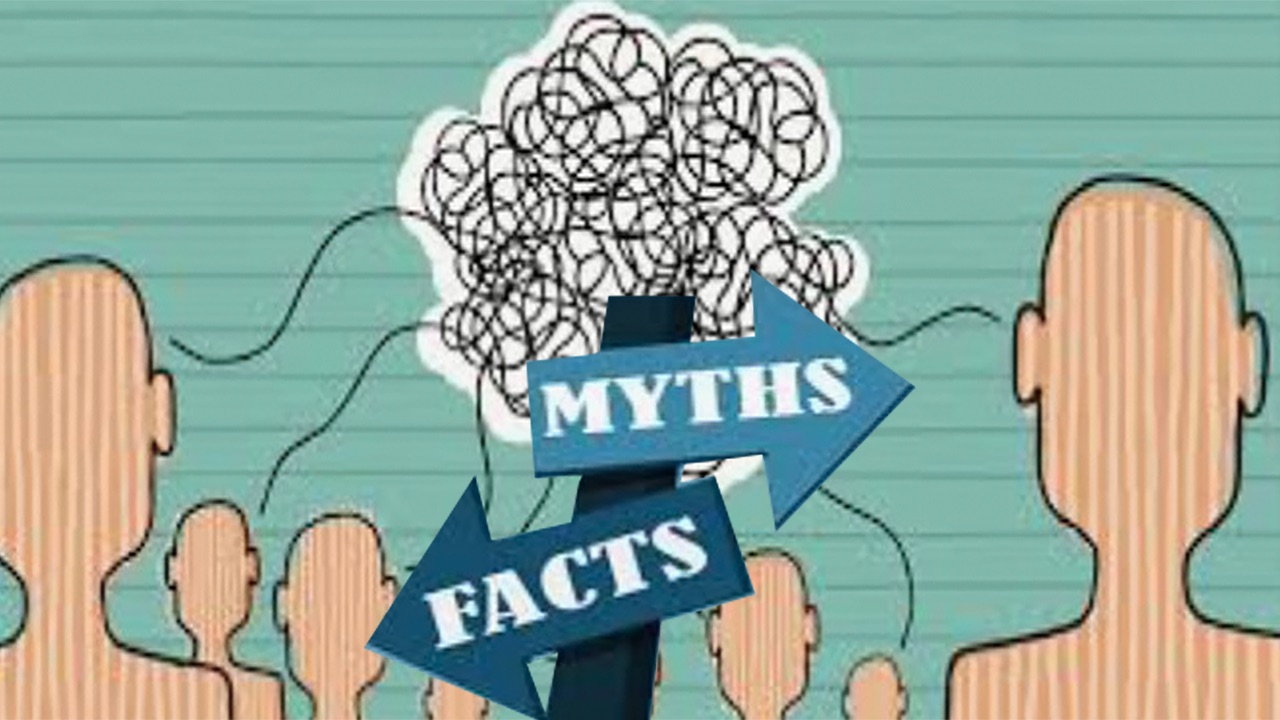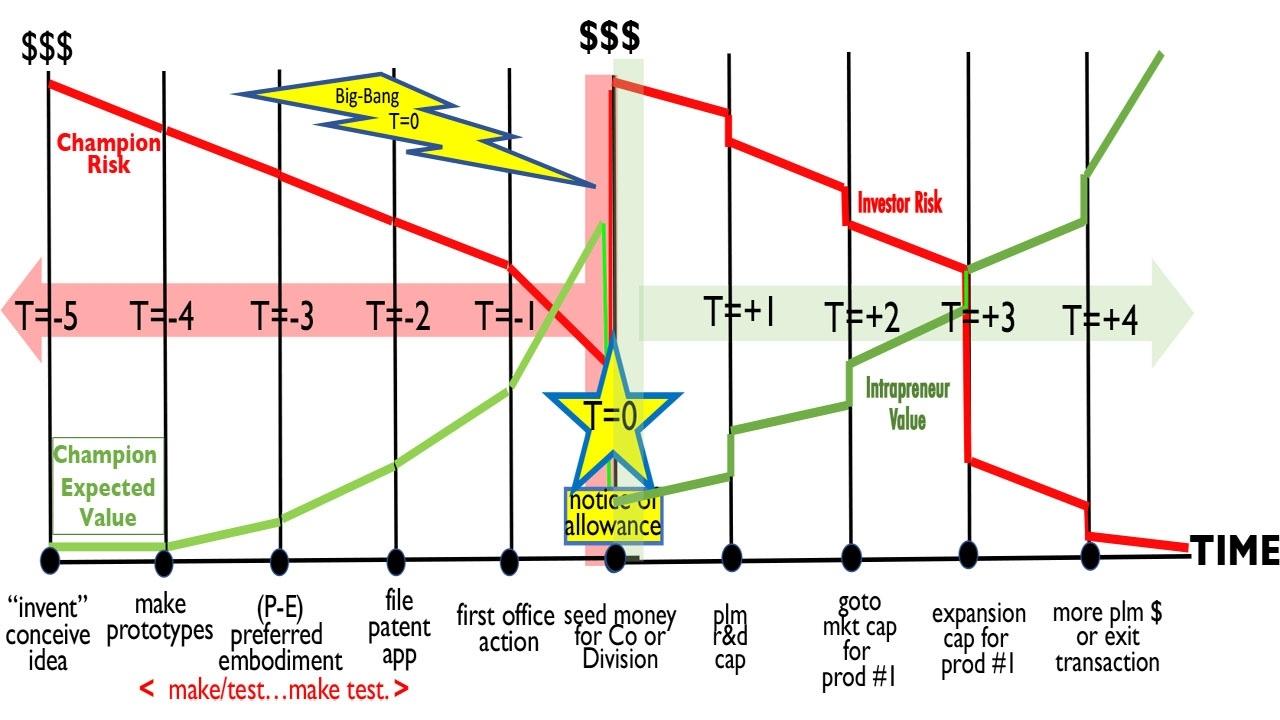IP SAVVYS Blog - select posts by role/title or by category
A critical step in your Investment qualification due diligence: The preliminary audit of prospect utility patents assets

When you are in the early stage of any investment prospect qualification that claims to have an IP advantage in their space, a critical step in your due diligence must hinge on at least the preliminary audit of the prospect's utility patents assets.Not all VC or Angel teams have investors that are qualified to conduct the due diligence audit.
For individuals or firms that have this capability, The Schwartz Method (TSM) and his Big Bang Theory of IP Qualification (BBT) can serve to provide a uniform framework for your internal actor and the prospect company's IP liaison to ensure you are on the same page about the process. When both you and the prospect understand the questions being asked in the same language and with the same meaning, the respect for each other will grow along with the trust needed to get that prospect thru due diligence and open to your potential investment.
On the other hand, and in particular with smaller angel or VC teams, the IP professional that can represent ...
Align your patent goals and objectives for a "kind awakening"

Attention-now hear this...align your patenting goals for a Kind Awakening:
Everyone wanted patents to issue quickly and cleanly. CEO's expected them to offer sustainable differentiation, Finance wanted predictable budget spends, Innovators were challenged to create and pick the right Preferred-Embodiment (P-E), R&D/Engineering was expected to perfect the P-E at the lowest cost, Patent Counsel was tasked to get monopoly claims, Product Marketing had to understand the competitive landscape, and BusDev/Sales was charged with selling the "differentiated must haves". Conflicting objectives? Not really...not when everyone is in the IP Zone together.
TSM Boost Utility Patenting for a Kind Awakening
Whether you are an innovator, patent counsel, or one of the team in-between, the IP SAVVYS book and IP-BC course are designed to close the skills gap and accelerate you down the patent learning curve, no matter your level of patenting experience.
When you close the skills gap, and everyone unde...
Myths and Truths...Risks when seeking a utility patent: "A Rude vs A Kind Awakening"

You can get the claims you seek by embracing the IP SAVVYS approach
The risk of a “Rude vs Kind Awakening”
Myths or facts? Things everyone agreed on & the truth about fatal office action rejections
(1) Everyone agreed it was essential to get patents with Sustainable Competitive Advantage (SCA).
SCA patents have true asset value because they are de-risked from FATAL Rejections BEFORE filing, publishing with clean File Wrappers.
(2) At the same time, everyone's IP conversation was a little different. Patent hunters had different skills levels and often times conflicting beliefs & patenting goals.
(3) More devastating, patent hunters were ill prepared for the "rude awakening" of FOARs during prosecution, with critical risks of abandonment after substantive patent spends.
The key to a kind awakening is to have a fool proof patent drafting method that avoids FOARS before filing with The Schwartz Method.
Why adopt TSM now-Publishing impact patents at the lowest cost

After you've spent thousands of dollars on a patent application and three times as much on prosecution, the last thing you want is for your invention to be forced into abandonment or to receive a notice of allowance on a weak patent with diminished claims. I’ve now developed a method that can enable you to change your conversations with innovator, counsel, and the patent examiner, achieve your patent objectives, and save more than 70% on your prior patent spend.
After 30 years as a serial innovator, inventor, and pro se patent holder (with 25 patents under my belt), I’ve turned my experience into a book, Utility Patenting for IP SAVVYS, as well as a complementary, self-paced instructional course, Intellectual Property BoostCamp (IP-BC). Each of the tools deliver what I call “The Schwartz Method (TSM),” a promise to streamline the patenting process while saving you big bucks.The book and course offer clear conversations focused on substantive patenting ta...
Schwartz's Big Bang Theory (BBT) of IP Capitalization : Unifying concept of IP-BC

The BBT takes apart the sequence of events from conception to market exit, assigns time stamps to critical events, and identifies T=O as the instance when the "universe comes into being"...the notice of allowance. This simplification, allows Schwartz to take a look "backwards in time" from T=0 and disect the risk components related to achieving Sustainable Competitive Advantage (SCA) patent applications. As you will see, the greatest risk is from T=-4 to T=-2.
Often what's hard can be easy, and sometimes what should be easy is actually very hard. The single most important catalyst in making hard things easier is a problem solving angle, often called a Point of View (POV). If the right POV is used, then a problem can be dissolved or broken down into solvable components, that in line of a sensible sequence of events, results in "problem solved".
With IP, one of the more complex domains to secure patents with SCA ( Sustainable Competitive Advantage), I have adopted a unifying POV called...

